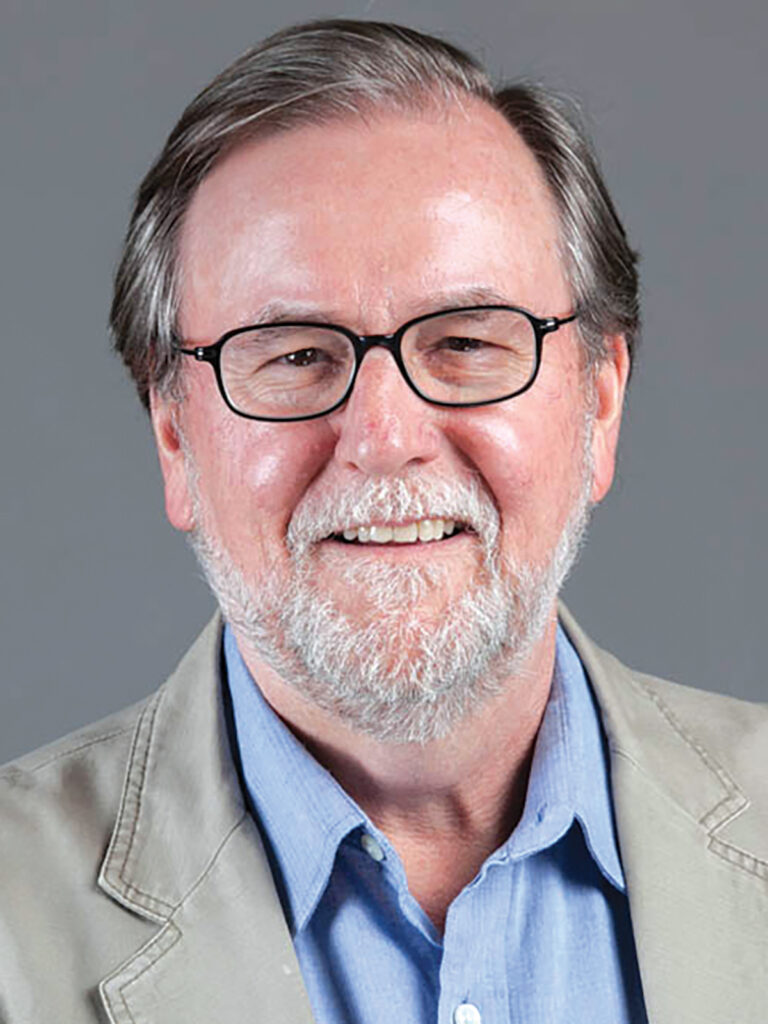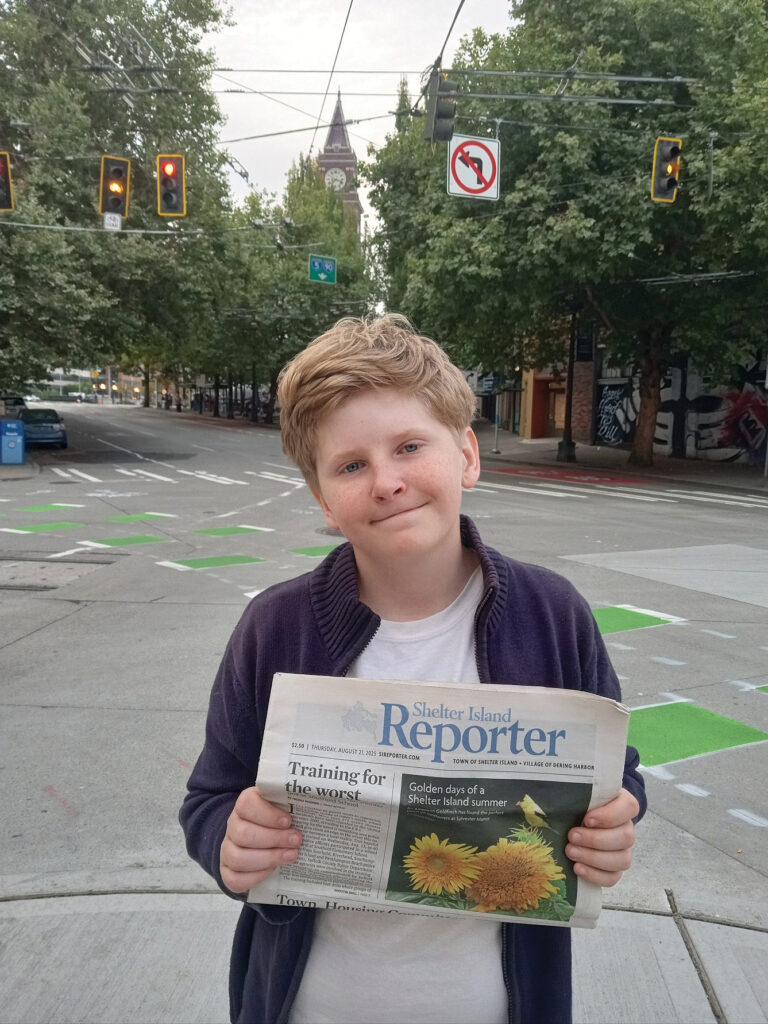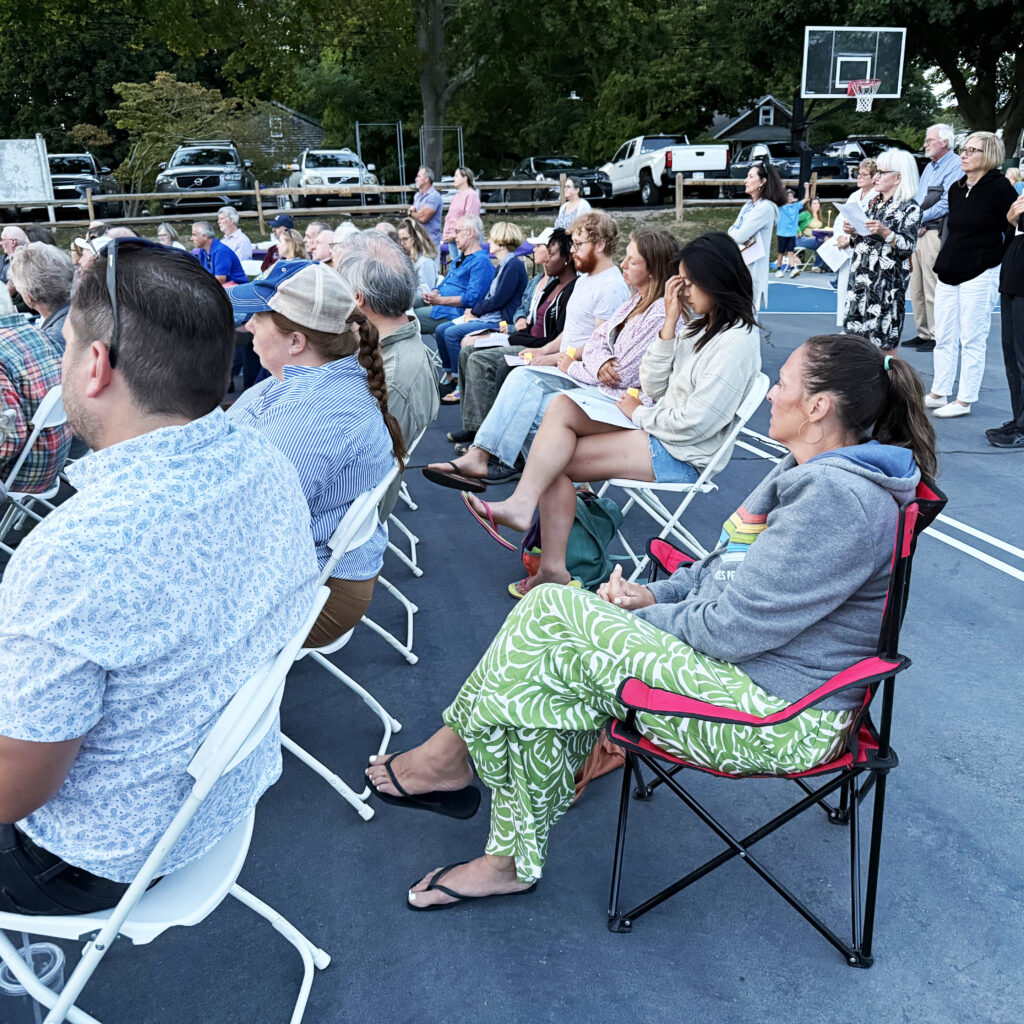Gimme Shelter: Working for a living

Labor Day, America’s end-of-summer celebration, lost its original meaning long ago.
The first Monday in September was earmarked Labor Day as an election-year appeasement by President Grover Cleveland. During the Great Depression of 1893, a strike by Pullman railroad car workers in Chicago went national and it took 12,000 federal troops to break it.
The leaders went to federal prison and the group spearheading the strike, the American Railway Union, was disbanded and most of the other industrial workers’ unions were done in. But protests continued with new fervor, and soon after the bloody end of the strike, legislation was passed by both houses of Congress and President Cleveland signed Labor Day into law to cool things off.
Unions went into hibernation after the Pullman strike, but roared back during the next Great Depression beginning in 1929. Organization and collective bargaining thrived for several generations, contributing to one of history’s triumphs: the rapid and extensive expansion of the American middle class. In the 1950s, 50% of American workers held union cards. Today, according to the U.S. Department of Labor, only 11.1% of workers are represented by unions.
The Left and the Right both complain about the middle class shrinking over the last several decades, and both political wings have their reasons for this. One argument for the stagnation of real wages is that with the death of unionized labor, real money in the pocket has shrunk.
Why do some people think unionizing fast-food workers or baristas is strange or funny? We should remember that most of these employees aren’t kids, but people trying to support families. The U.S. Department of Labor, for example, found the median age of these workers is over 28.
This upcoming Labor Day brought to mind my own experience scuffling at low-paying jobs and the three union cards I carried. The experience showed me unions from three distinct angles — the weird, the great and the awful.
As a high school kid I landed a full-time, year-round night job at a municipal golf course. My duties: Starting at 4:30 p.m. in the summer I ran a truck following the final foursome around the 18 holes, setting up sprinklers when they cleared the greens, moving the hoses after a couple of hours and, later, driving around and shutting them off and coiling them in the bed of the truck.
I then went into watchman mode, although what I was watching for was never spelled out. In the winter months after school I was all watchman from 4:30 p.m. on. I did my duty by sprawling on a broken couch in a shack in the woods off the 15th hole, listening to the radio and reading. By midnight I was done, racing to catch the last bus home.
I was paid peanuts, but it kept me out of the pool hall. The job improved immediately one night around 9 p.m. when a guy in a suit walked in the shack. This was startling, since for a year I’d seen no one after that final foursome. Was he the one I should have been watching for? Before I could say anything, he introduced himself, calling me, “Brother.”
I was now a member of the International Brotherhood of Teamsters, Chauffeurs, and Warehousemen of America. I was told a few dollars in dues would be taken out of my paycheck next week, handed a pamphlet and a card and got a handshake. Before I could ask a single question, my new union brother vanished.
The few dollars were removed from my check, but more were added. I got an immediate 20% raise and ever since have never laughed at Jimmy Hoffa jokes.
Did I deserve the raise? Asking that question defines you.
A few years later, at loose ends, I went one morning to a State Labor Department office in Manhattan. By that afternoon I was running an elevator — a bit erratically, for sure — at a five-story school on Central Park West. Soon I was a member of Local 32B of the New York Building Services Union.
The pay was good and there were benefits, including medical and dental. Summers, when school was out, the doormen and elevator operators became maintenance men, and I painted classrooms and hallways, did pointing on the roof facade and was a plumber’s assistant.
Walter Brown, our shop steward, kept telling me to pay attention, plumbers made way more than elevator jockeys. Did I listen to Walter? If I had, my address today might be Easy Street, Fat City.
My final union was the New York City taxi drivers union, where I paid dues for four years. The union, and the industry as a whole, have changed radically since those days. Back then, the union was led by mobbed-up goons who were in bed with the big taxi fleet owners.
The general union meetings were chair-throwing parties — literally. If you went down to the hall on Park Avenue South to get some clarification on dues or rules, a couple of union brothers named Sonny and Junior were happy to clarify you out in the parking lot.
But whenever I hear of people trying to organize, I remember the cabbies I shared long afternoons with at the fleet garages shaping up for work, and the Teamsters I came to know, and especially Walter Brown, who truly believed in a union of bread and roses.
Happy Labor Day.









